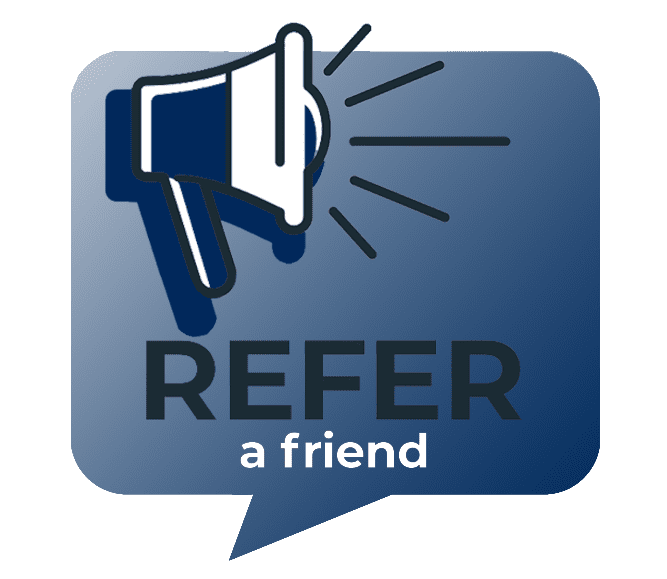Some people may think insurance companies are only there for them when they need to file a claim. Well, we are pleased to share some good news that shows how much auto insurance carriers across the board really do care.
These are challenging times and your insurance company wants to help! Many drivers are using their vehicles less as they abide by our current stay-at-home orders. Therefore, the following companies will all be issuing a one-time premium refund for personal auto policies during the COVID-19 pandemic. Each company is handling it slightly different so we’ve included the details below. This only applies to motor vehicle policies (not including golf cart, motorcycle, ATV or boat). This is still awaiting final regulatory approval but is headed in the right direction.
The best part about this is that policyholders don’t need to do anything! Refunds will automatically be either credited to their policy account or refunded.
*Nationwide: $50 per policy active as of March 31, 2020
*Safeco: 15% of premium as of April 7, 2020 for 2 months
*Auto Owners: 15% of premium for April and May, 2020
*Mercury: 15% of premium for April and May, 2020
*Progressive: 20% of April premium (refunded in May) and 20% of May premium (refunded in June)
*Chubb: 35% of premium for April and May, 2020 upon annual renewal
*Travelers: 15% of premium for April and May, 2020
*MetLife: 15% of premium for April and May, 2020
*AAA: 20% of auto premium for April and May, 2020
Geico: 15% of premium as the policy comes up for renewal between April 8-October 7, 2020. The credit will also apply to any new policies purchased during this period.
Allstate: 15% of premium for April and May, 2020
USAA: 20% of premium as of March 31, 2020 for 2 months
State Farm: 25% of premium for policies in-force between March 20-May 31, 2020
Hartford: 15% of premium for April and May, 2020
Liberty Mutual: 15% of premium as of April 7, 2020 for 2 months
Florida Fam Bureau: 15% of premium for April and May, 2020
*The companies with an * are the carriers in which we, at McGriff-Williams, represent and received this data directly from. Information regarding the other companies listed here was collected from their individual websites.



